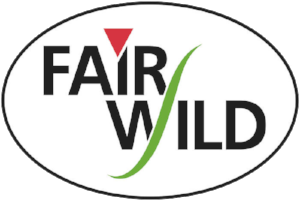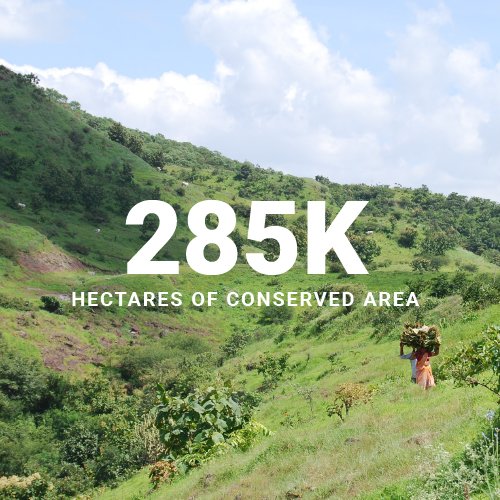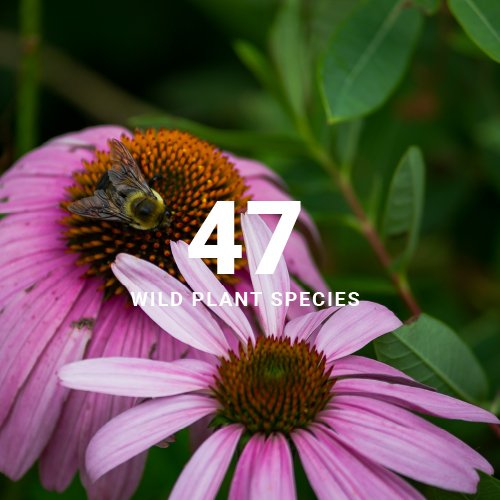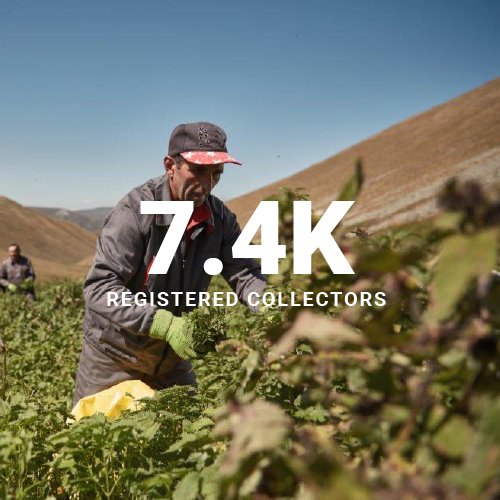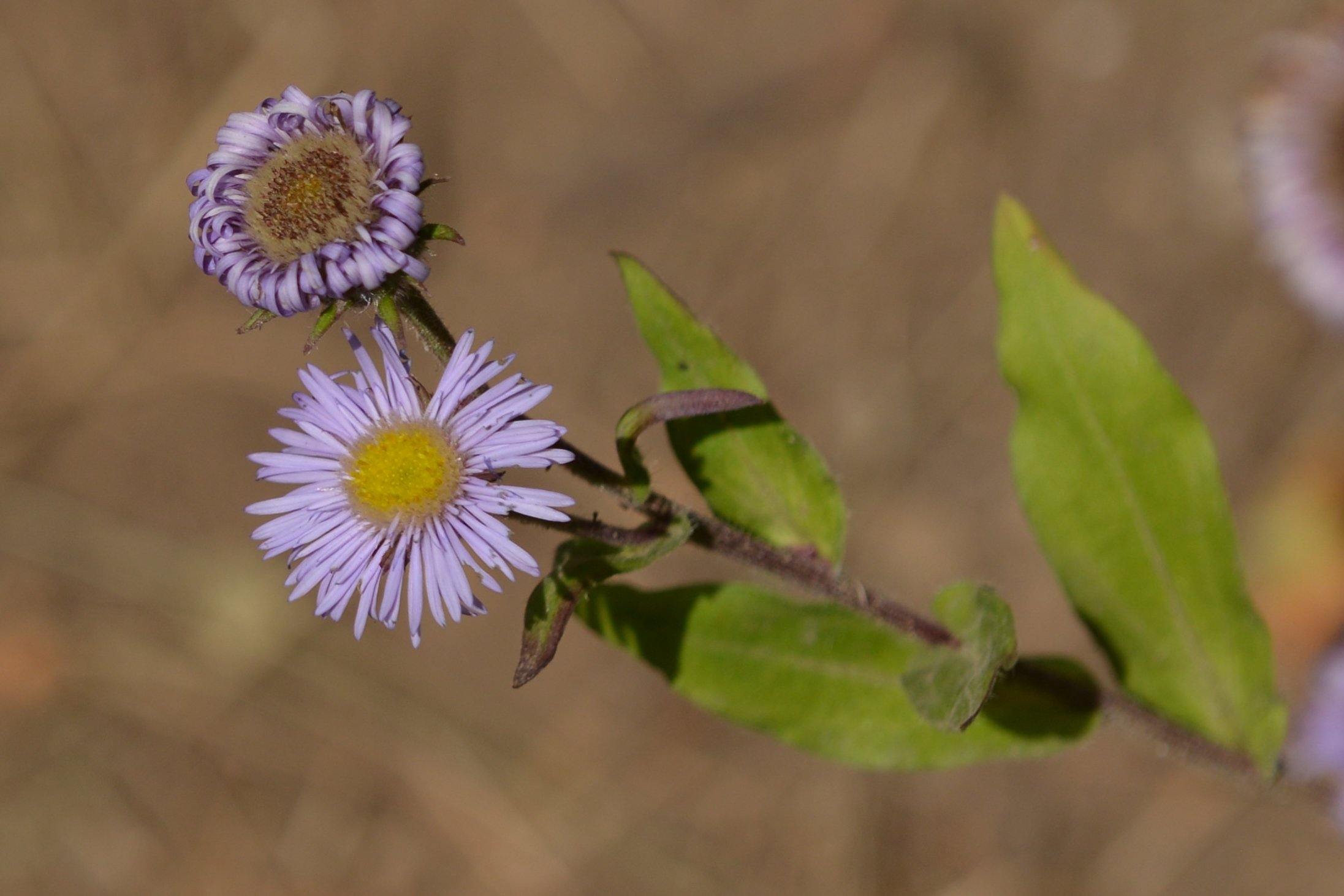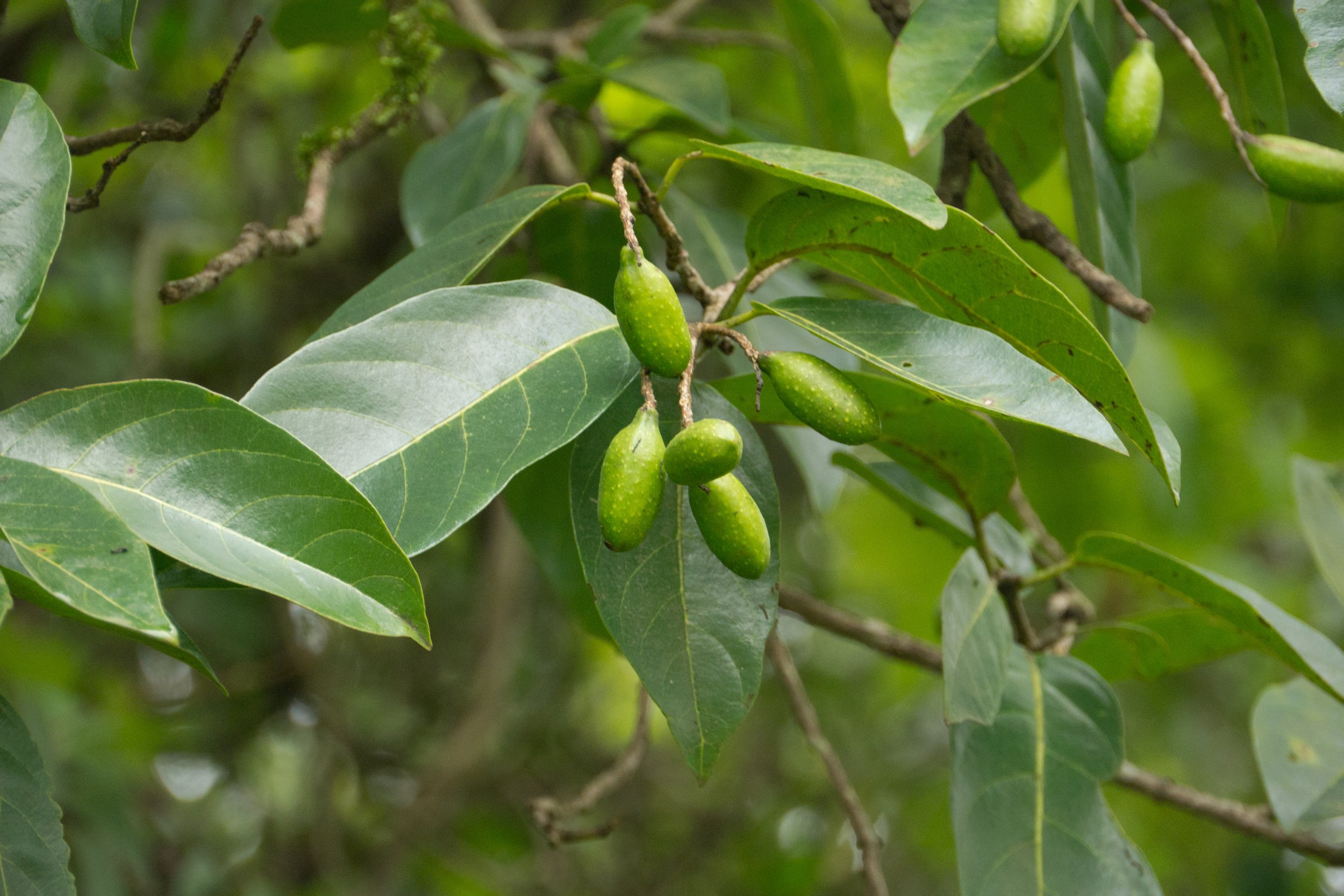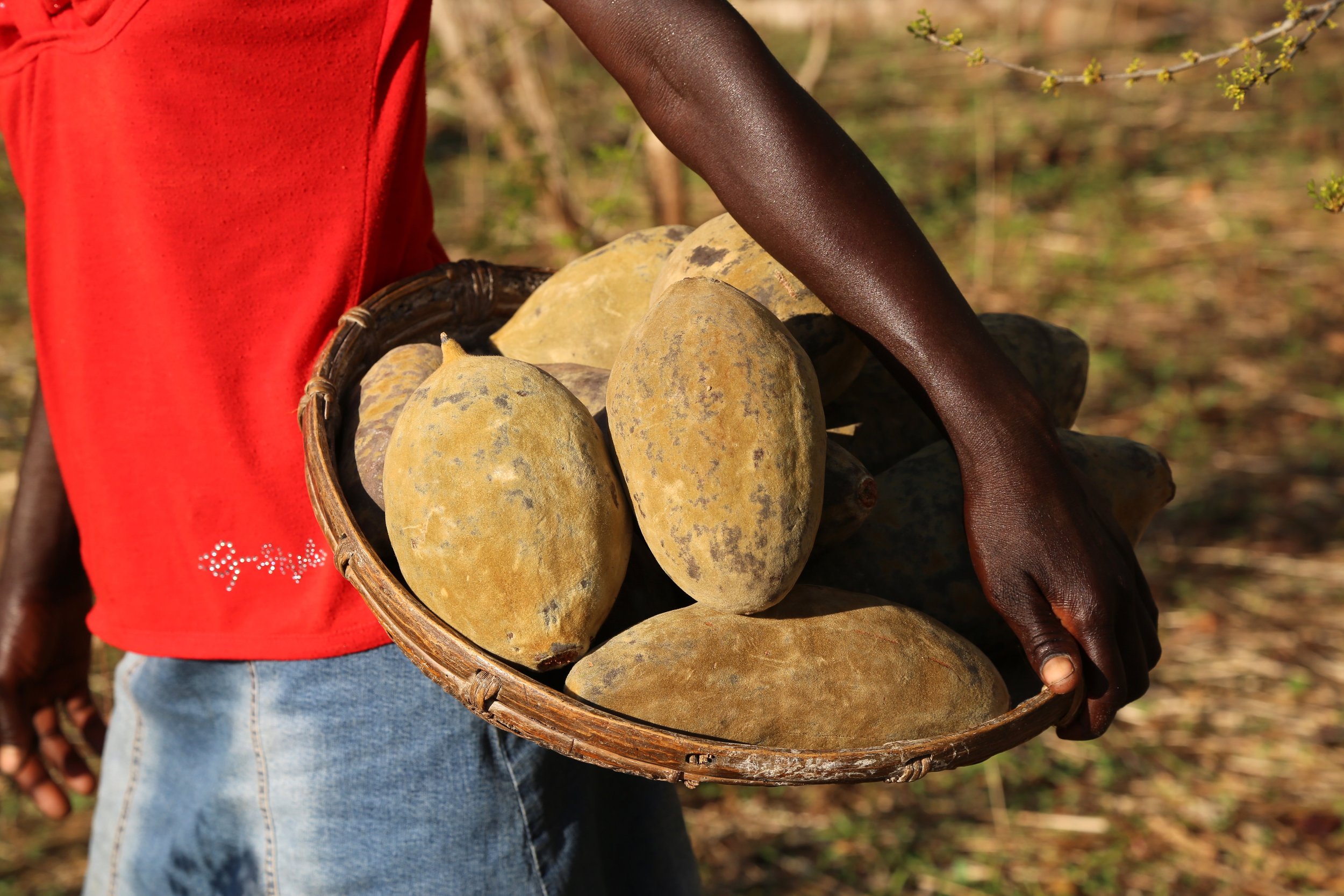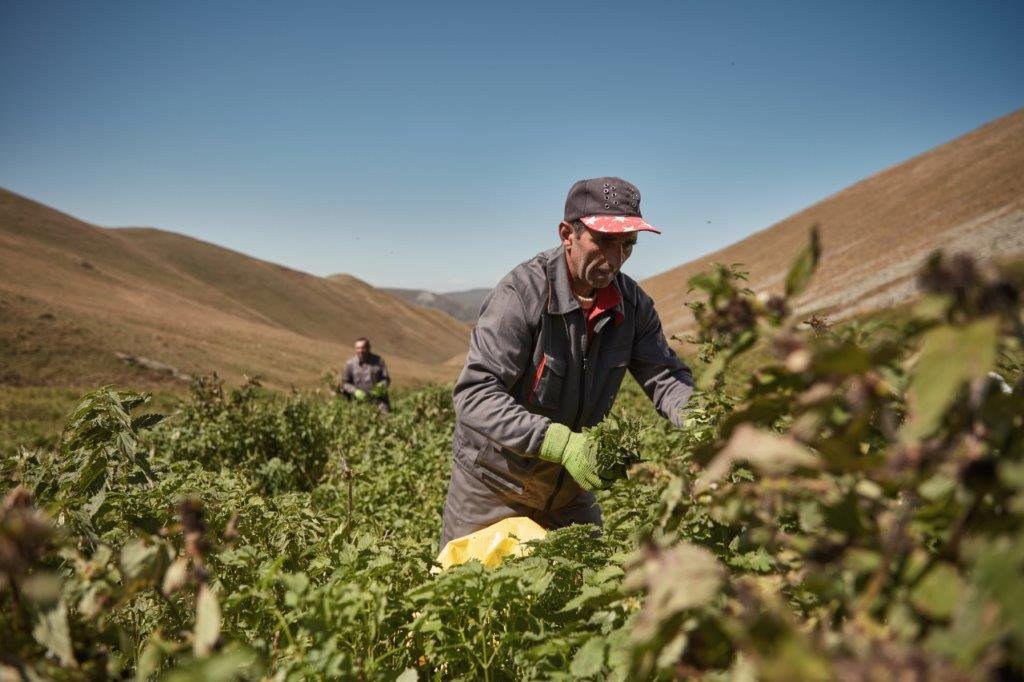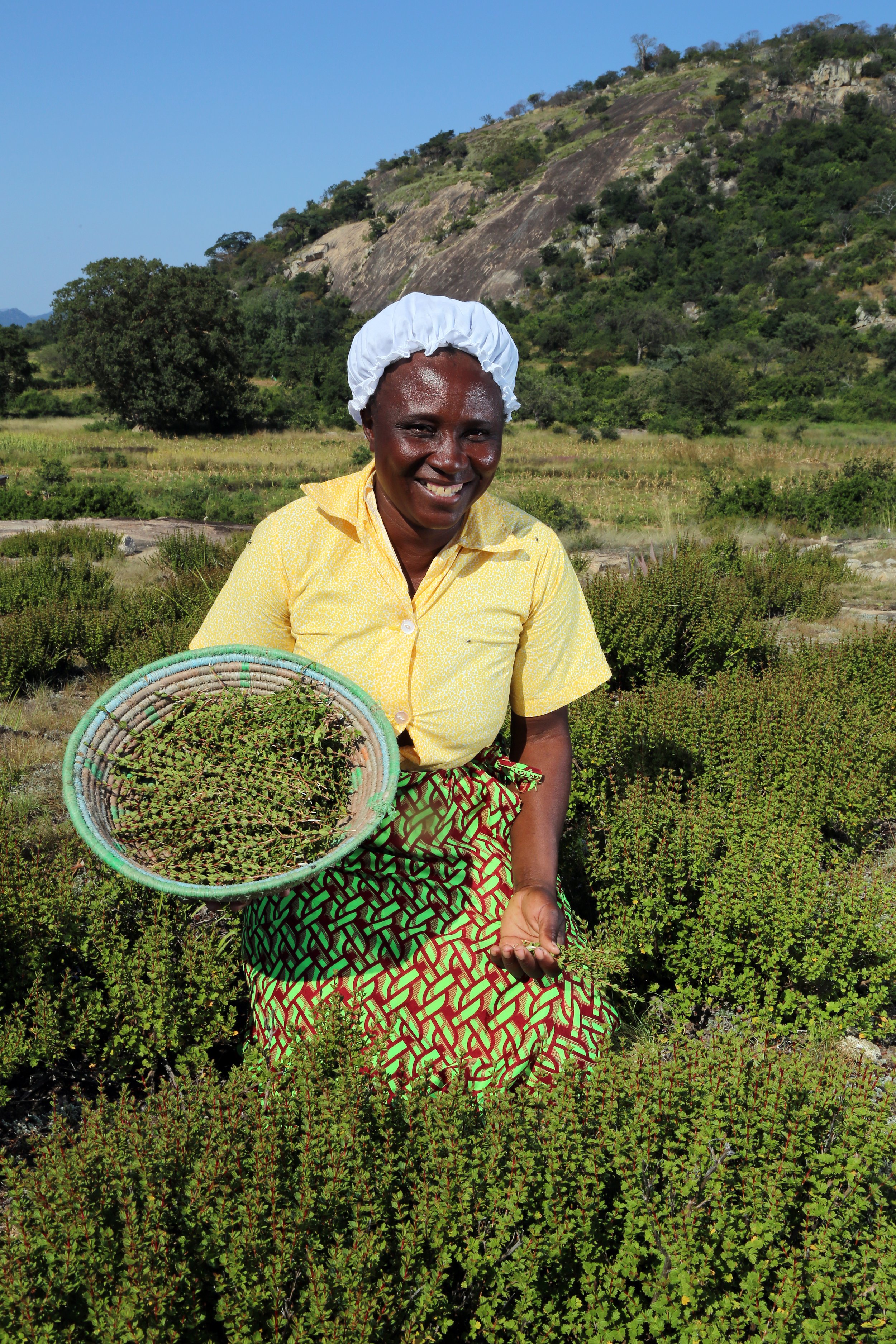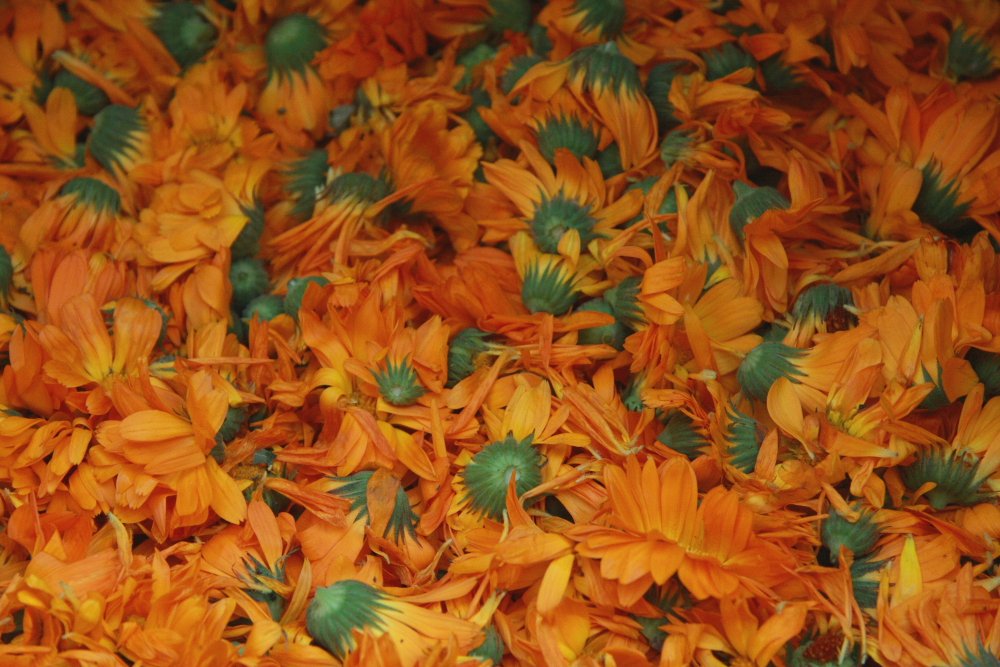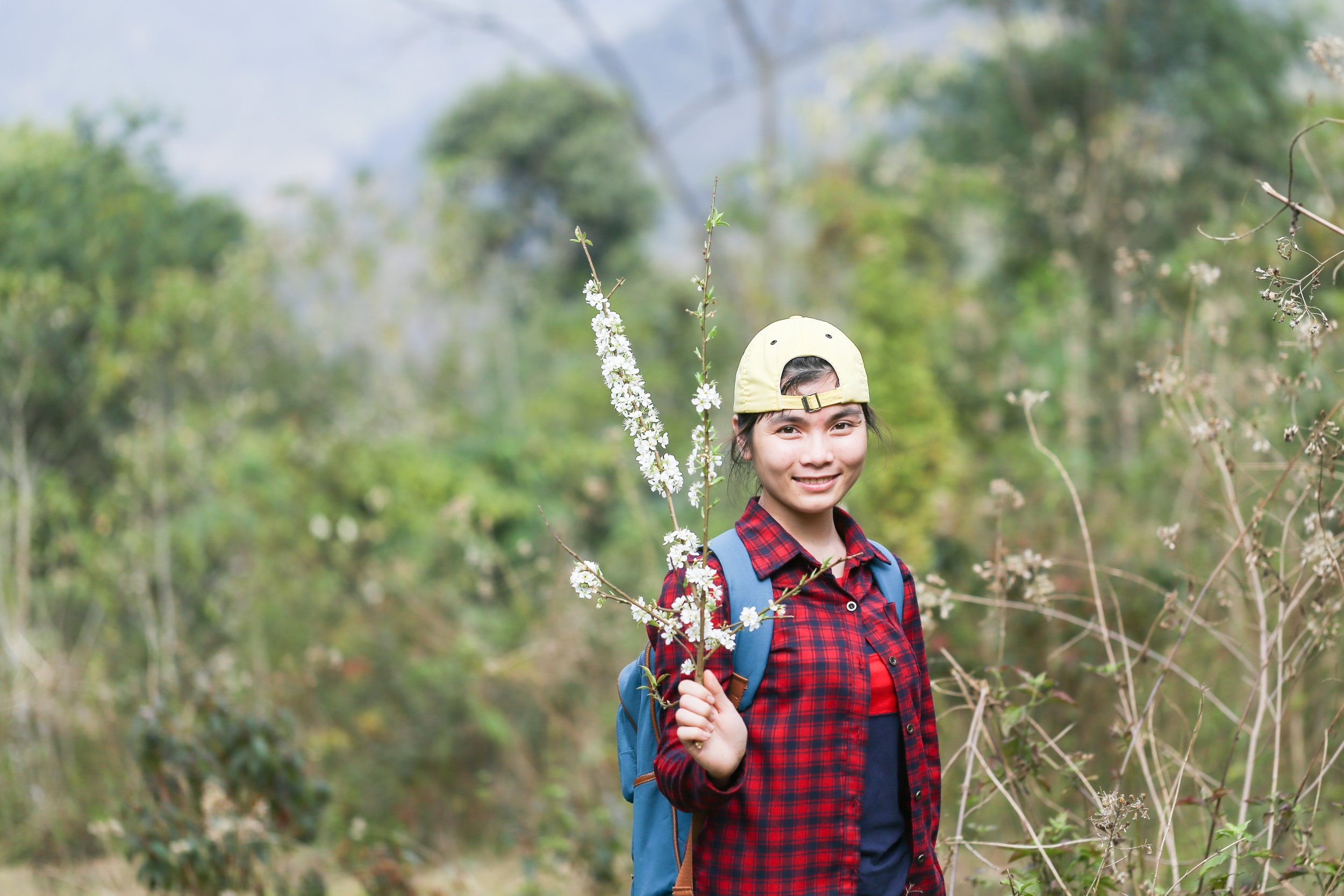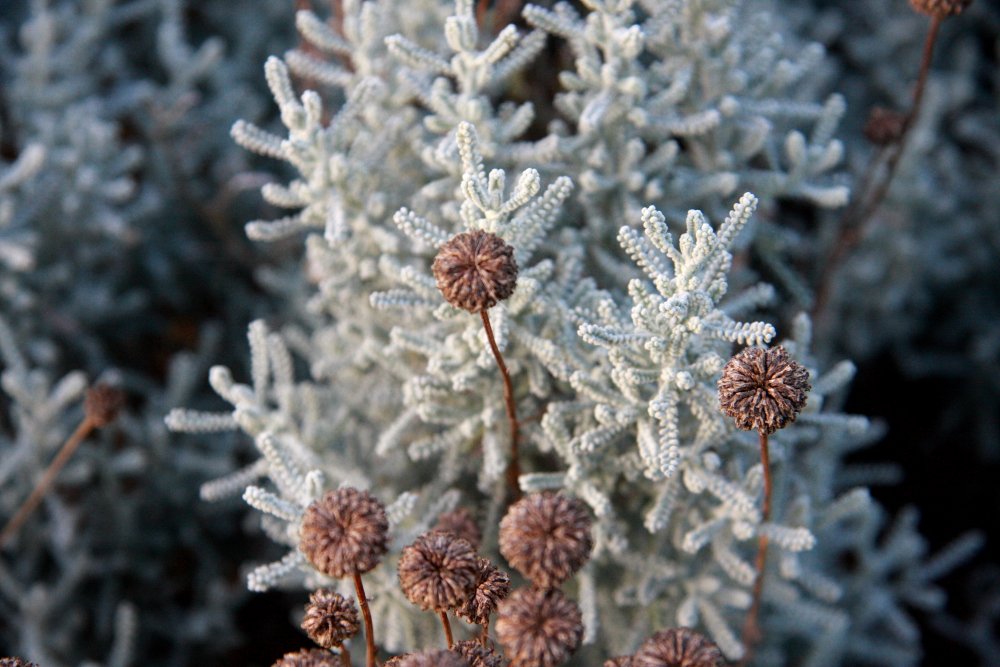“I think FairWild is important because it just covers those two absolutely essential aspects of sustainable plant use and the social aspect of giving people of giving people a fair income. It’s the only standard I know that combines those 2 things so well.”
FAIRWILD IMPACT IN NUMBERS
biodiversity conservation
While FairWild certification applies to collected species, collection operations also have to demonstrate appropriate harvesting methods and understanding and mitigation of any impacts on sensitive species, the ecosystem structure, and function (Principle 2). The impact of FairWild certification on life on land is shown through 4 indicators: Hectares of certified collection area, volume of ingredients sustainably collected, number of threatened species certified, and sourcing from threatened landscapes and habitat.
The first Threatened species was certified in 2021: Nardostachys grandiflora (syn. N. jatamansi), assessed as Critically Endangered globally (IUCN Red List of Threatened Species, 2020. Plus, a number of FairWild certified species are sourced from the dry lands in the Sahel and sub-Saharan African, including Frankincense, Myrrh and Baobab. Through the certification, we are able creates an avenue for sustainable trade in this species, supporting livelihoods of thousands of rural harvesters and the healthy conservation of the last pristine wild ecosystems we have on Earth.
“If you protect a species, you protect 100 other species”
PROTECTING WILD COLLECTORS
Wild plant collectors supply the world with essential consumer ingredients, but often come from some of the world’s most marginalised communities.
FairWild certification requires that collectors are paid fair, long-term prices, at approximately 5% above the market level. In addition, collectors and their communities benefit from payment of the FairWild Premium, for use on e.g. local play facilities, school equipment, healthcare infrastructure, sanitation, etc. Under the FairWild Standard, participation of women in collection and trainings is encouraged, and potential for discrimination against collectors based on race, colour, ethnic origin, religion, sex or political opinion is reviewed during the audit.
ABOUT THE FAIRWILD PREMIUM FUND
The FairWild Premium Fund is one way in which we do this — supporting social development projects for wild plant collectors, their families and their community.
The system is flexible, with the amount paid dependant on the collection, production and sales volumes involved. The collector group and buyer(s) calculate and agree on a fixed contribution per year, alongside the relevant projects it will help fund.
“We are happy with the project because first we got the opportunity to work in our own village. Secondly, we are getting a good price for our haritaki. Thirdly, for the past two years we have had the opportunity to learn about things we never thought about before, like running machinery. We are very happy with out future.”
transparency & traceability for the consumer
We believe in the power of trade and businesses to protect nature and empower people and communities throughout the supply chain. We also believe in the importance of giving the consumer the power to make informed choices about the products they choose to consume. FairWild certified operations have full and clear traceability back to the area of collection and separation from from non-FairWild quality. This traceability and transparency ensures consumers and other stakeholders, that they are creating a positive change in the world when dealing with a Fair wild-labeled product.
“Certification creates a traceability system that also helps from a food safety and hygiene point of view. It also allows the consumer to say that the brand is really taking sustainability seriously.”
FAIRWILD IMPACT REPORT 2022
